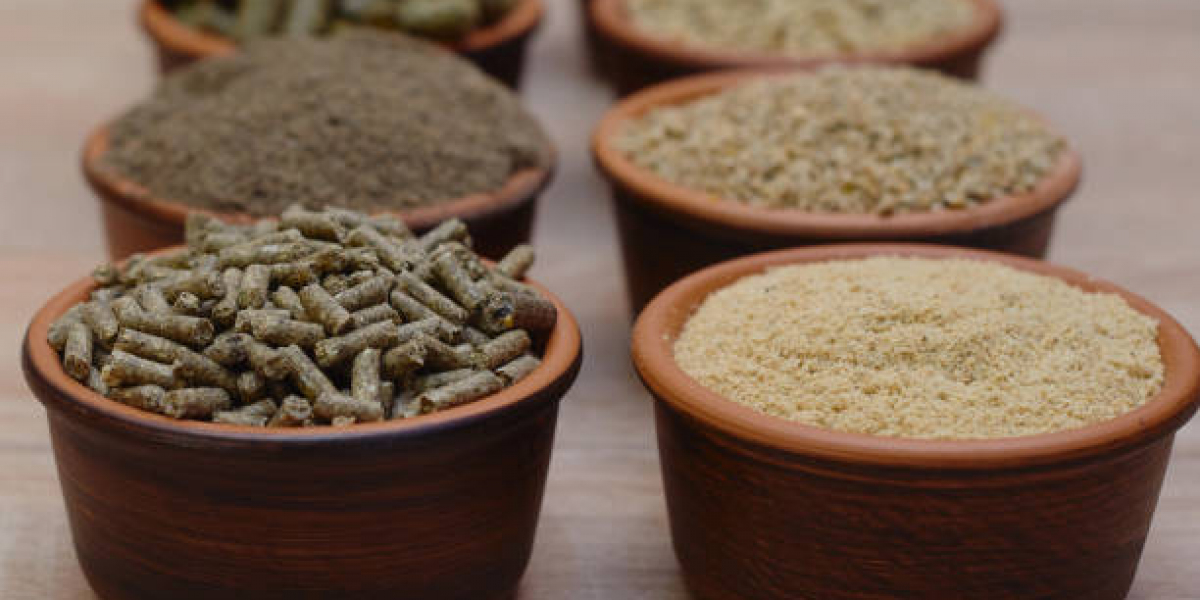Panacur is a widely used anthelmintic medication that plays a crucial role in the prevention and treatment of parasitic infections in both animals and, in rare cases, humans. Its active ingredient, fenbendazole, is a broad-spectrum benzimidazole compound that targets a wide range of internal parasites, including roundworms, hookworms, whipworms, and certain types of tapeworms. Panacur is known for its safety, efficacy, and ease of administration, making it a preferred dewormer in veterinary medicine.
Panacur for Dogs and Cats
One of the most common uses of Panacur Tablet is in the treatment of gastrointestinal parasites in domestic pets such as dogs and cats. These parasites can cause a wide variety of symptoms, including diarrhea, vomiting, weight loss, lethargy, and a dull coat. In puppies and kittens, heavy infestations can be particularly dangerous and even fatal. Buy Panacur Tablets Online at Medzsupplier.
Panacur is effective against:
Roundworms (Toxocara canis and Toxascaris leonina) – These are among the most common intestinal parasites in pets and can be transmitted to humans, particularly children.
Hookworms – These parasites feed on the host’s blood, causing anemia and weakness.
Whipworms (Trichuris vulpis) – These affect the large intestine and can lead to chronic inflammation and weight loss.
Certain Tapeworms (Taenia spp.) – Panacur can treat some types of tapeworms, although other medications may be needed for Dipylidium caninum or Echinococcus.
It is also effective against Giardia, a protozoan parasite that causes giardiasis, a form of intestinal infection that leads to severe diarrhea in pets. While not all anthelmintics treat protozoa, Panacur’s effectiveness against Giardia makes it especially valuable in both routine treatment and outbreak management.
Panacur is available in different forms, including granules, suspensions, and tablets, allowing pet owners and veterinarians to choose the most convenient format based on the animal's size and preference. A typical deworming regimen for dogs or cats may involve daily treatment over several days, depending on the severity of the infection.
Panacur for Livestock
Panacur is also extensively used in farm animals such as cattle, sheep, goats, pigs, and horses. In livestock, parasitic infections can significantly affect growth, reproduction, and productivity, leading to major economic losses.
In ruminants (such as cattle and sheep), Panacur helps control:
Stomach and intestinal worms like Haemonchus, Ostertagia, Trichostrongylus, and Cooperia
Lungworms (Dictyocaulus viviparus) – These can cause severe respiratory issues, reduced weight gain, and death in severe cases.
In horses, Panacur is used to eliminate:
Large and small strongyles – These are among the most damaging internal parasites in horses, capable of causing colic, intestinal damage, and even death.
Ascarids (Parascaris equorum) – Especially problematic in foals, these roundworms can lead to respiratory and digestive problems.
Pinworms (Oxyuris equi) – Known for causing irritation and tail rubbing in horses.
Panacur is also used in horses as part of a PowerPac regimen, which involves a higher dose given over five days to treat encysted small strongyles—parasites that are particularly hard to eradicate.
Veterinarians in zoos and exotic animal care often turn to Panacur for treating parasitic infections in animals like reptiles, birds, rabbits, ferrets, and even big cats. Its wide safety margin and flexible dosing make it ideal for these cases. In rabbits, for instance, Panacur is commonly used not only to treat intestinal worms but also to manage Encephalitozoon cuniculi, a microsporidian parasite that can affect the brain and kidneys.
While Panacur is primarily a veterinary drug, fenbendazole—the active ingredient—has attracted some attention in human medicine, especially in research settings. Some early studies and anecdotal reports have investigated fenbendazole’s potential anti-cancer properties. However, these uses are not FDA-approved, and no robust clinical evidence currently supports fenbendazole as a treatment for cancer or other human diseases.
In some countries and under medical supervision, fenbendazole may occasionally be used off-label for treating certain types of parasitic infections in humans, such as strongyloidiasis or giardiasis. However, such use should only be undertaken with the guidance of a healthcare provider.
Safety and Resistance
Panacur is generally considered very safe, with minimal side effects in most animals. It can be used in pregnant and lactating animals, which is not true of all deworming agents. However, care must be taken to use the correct dosage based on the species and body weight.
As with all antiparasitic medications, resistance can develop if Panacur is overused or underdosed. Rotating dewormers, conducting regular fecal exams, and using targeted deworming strategies help prevent resistance and maintain the effectiveness of this valuable drug.














